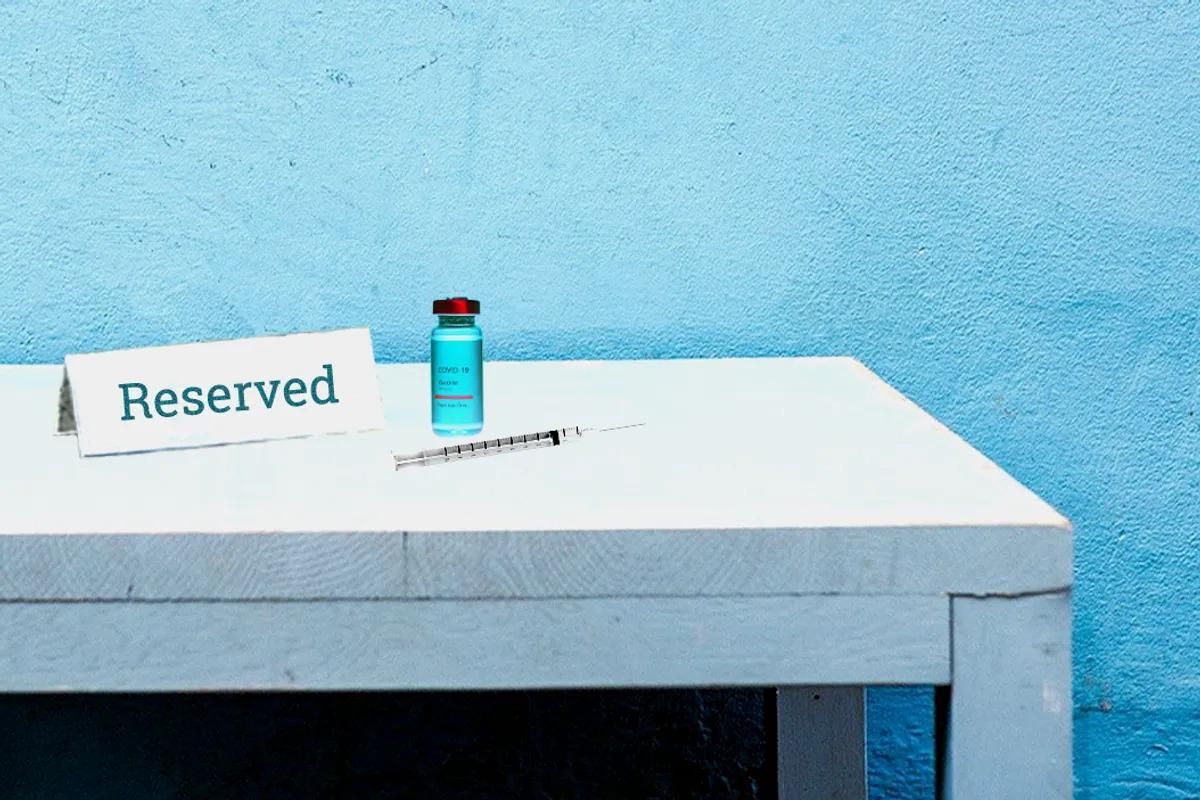What we're watching: COVID boosters, Israel-Lebanon border flareup, Mexico vs gringo guns
Should people get COVID vaccine booster shots? Not yet, says the World Health Organization, which is pushing for rich nations or those with access to jabs to hold off until at least the end of September so all countries get to fully vaccinate at least 10 percent of their populations before some jump ahead with boosters. But the WHO's call has fallen on deaf ears in nations like Israel, France, Germany and Russia, which are already planning to offer boosters, in part to better protect people against the more contagious delta variant. What's more, mRNA vaccine makers Pfizer and Moderna are recommending supplemental doses for the same reason. The problem is that, beyond the obvious moral imperative for equal access to vaccines, if the rich continue hoarding jabs while vaccination rates stay low elsewhere, the virus will continue to thrive — and mutate into new, potentially even more infectious variants that sooner or later will reach every corner of the planet.
Flareup on Israel-Lebanon border: On Wednesday, Israel launched airstrikes against militants in several Lebanese villages in response to a flurry of rockets fired this week from Lebanon into northern Israel. Hezbollah, Lebanon's powerful Iran-backed militia and political party, denied responsibility, and analysts said it was likely the work of smaller Lebanese-based Palestinian outfits. But then on Friday, Hezbollah got involved too, firing a barrage of rockets into northern Israel, and Israeli forces struck back, targeting "terrorist infrastructure." The exchange of fire is one of the biggest cross-border escalations in several years (Hezbollah and Israeli forces last fought an all-out war in 2006). Lebanese President Michel Aoun, for his part, said Israel's response had violated Lebanese sovereignty, while Israeli PM Naftali Bennett shot back that Israel would hold the Lebanese state responsible for any rockets launched from its territory, no matter who is firing them. The escalation came as Lebanon marked the one-year anniversary of the Beirut port explosions. Thousands of Lebanese flocked to the streets this week to demand justice for the victims of the blast and to vent their outrage over the country's deepening financial and economic crises.
Mexico takes on the gringo gunmakers: The Mexican government this week filed a lawsuit against US gun manufacturers, arguing that their commercial practices have contributed to Mexico's sky-high murder rate by making it easy for illegal weapons to flow south of the border. According to the suit, some 70 percent of weapons illegally trafficked into Mexico come from the US, and those firearms were involved in about half of the country's roughly 35,000 yearly murders. Mexico says US gunmakers' marketing campaigns designed to appeal to Mexican buyers are part of the problem, but the American gun lobby says the lawsuit is preposterous and that it's up to Mexico to keep guns from crossing its borders or falling into the wrong hands once they do. US gunmakers enjoy broad immunity from lawsuits like this within the US, but this is believed to be the first international suit of its kind. Mexico is seeking $10 billion in damages.